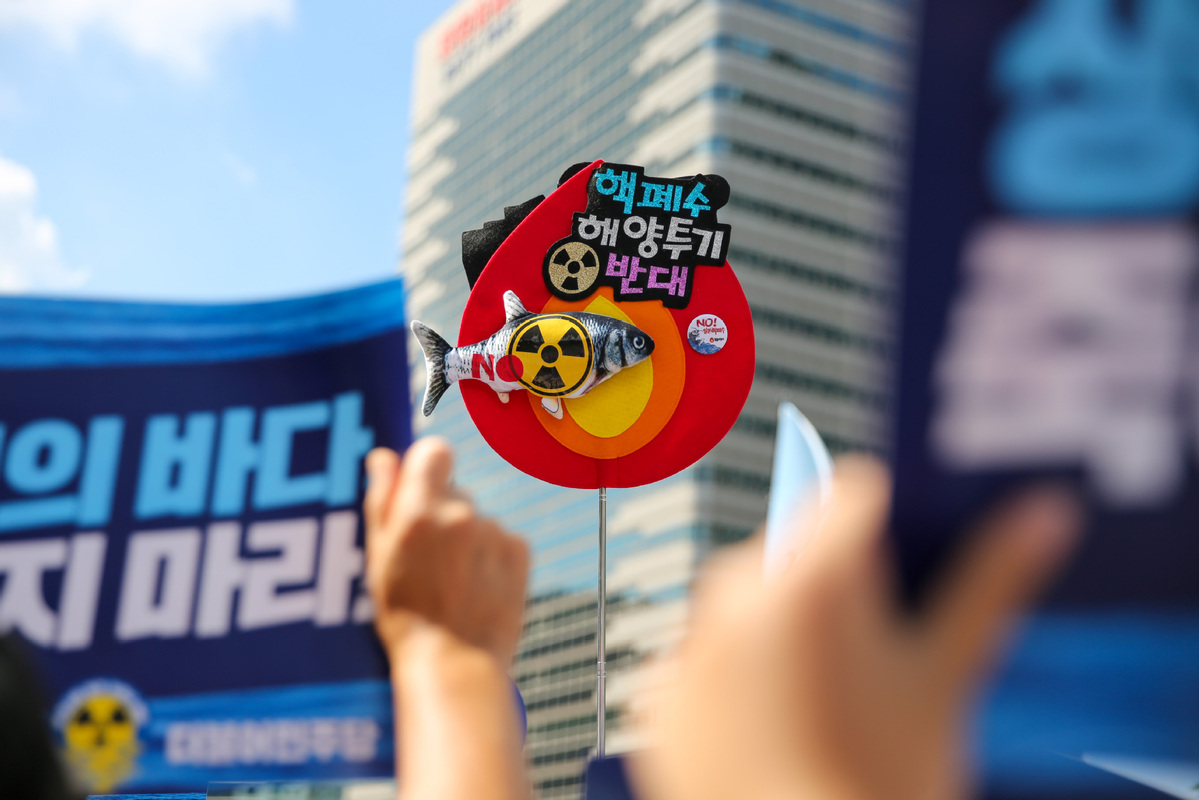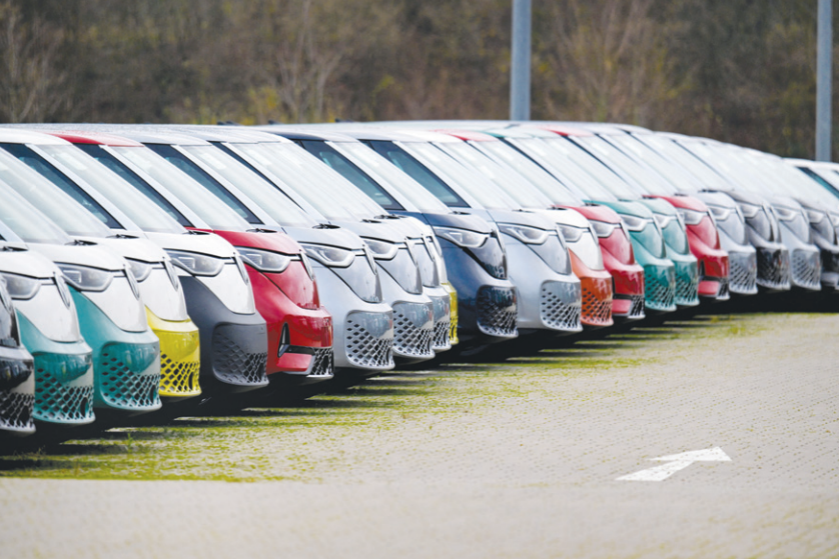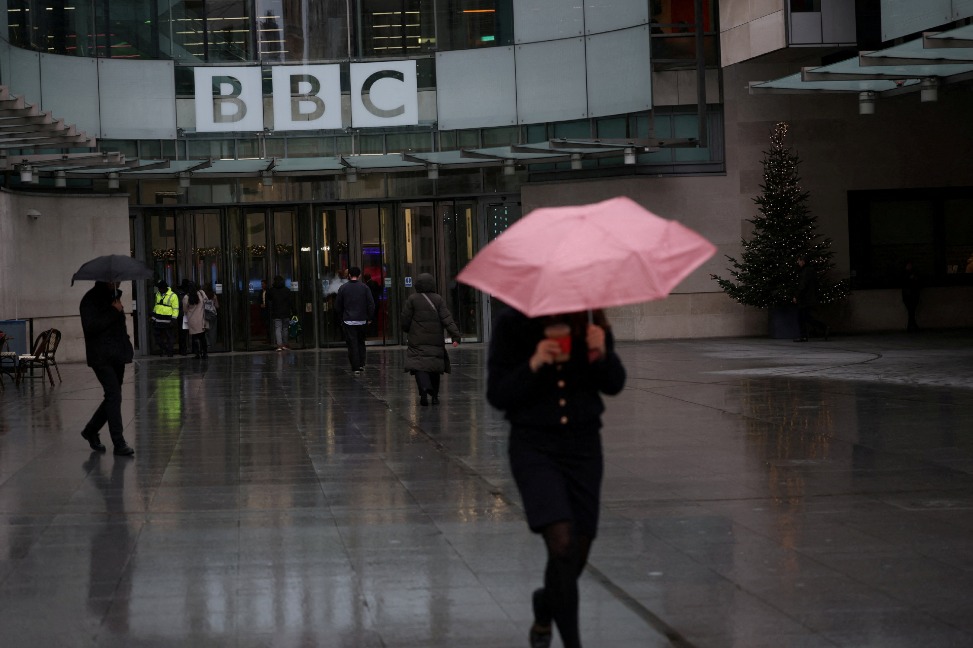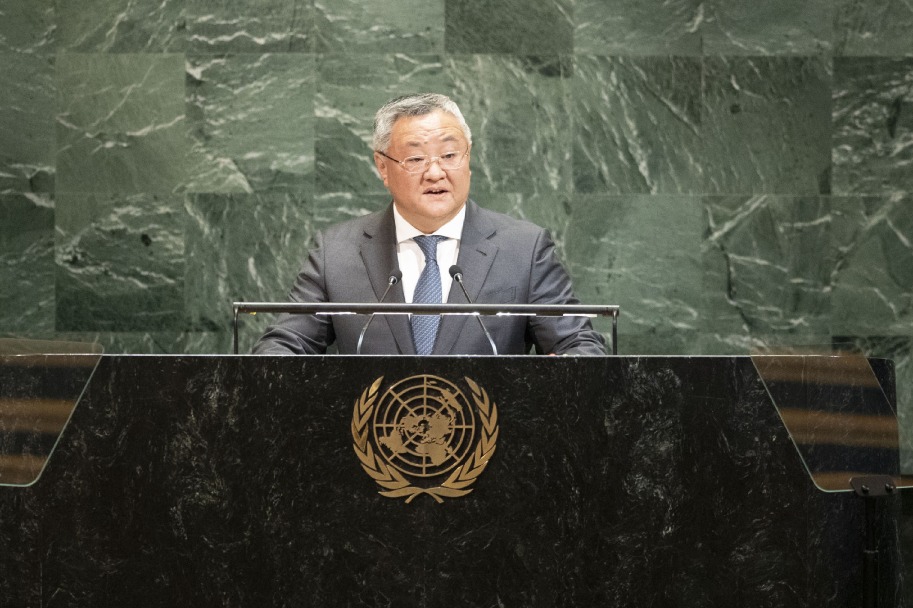Neighbors share fear, frustration over ocean release


SEOUL — In Seoul, office worker Kim Mi-jeong says she intends to stop eating seafood, because she deeply mistrusts the safety of Japan's release of nuclear-contaminated water into the sea from its crippled nuclear power plant.
"We should absolutely cut back on our consumption of seafood. Actually, we can't eat it," Kim said. "I can't accept the Japanese plan because it's too unilateral and is proceeding without countermeasures."
Ahead of Japan's discharge of toxic water starting on Thursday, public fears and frustrations were being shared by its Asian neighbors, where many still bear strong resentment over Japan's World War II aggression.
In response to the release, China announced a ban on seafood from Japan on Thursday. The Hong Kong and Macao special administrative regions said they were banning seafood from Fukushima and nine other Japanese prefectures.
South Korean police detained 16 student activists on Thursday for allegedly trying to enter the Japanese embassy illegally to protest the release.
The activists entered the building housing the embassy, shouted slogans and unfolded banners but failed to enter embassy offices, police said.
In South Korea, fierce domestic political wrangling has erupted over its own government's endorsement of the safety of the Japanese plan.
Liberal critics accused the conservative government led by President Yoon Suk-yeol of pushing to improve ties with Japan at the cost of public health.
Surveys in South Korea showed that more than 80 percent of respondents opposed the Japanese discharge plan, while more than 60 percent said they will not eat seafood after the release begins.
"I totally oppose the Japanese plan," Lee Jae-kyung, a 51-year-old Seoul resident, said. "The radioactive water is truly a bad thing. My feelings toward Japan have worsened because of the water release."
Fears about the contaminated water are taking a heavy toll on some businesses in South Korea's seafood industry.
In a seafood market in the southeastern port city of Busan, fishmonger Kim Hae-cheol said his revenues have halved since a few months ago and worried that his business would suffer more after the water discharge begins.
"I haven't had any customers today," Kim said on Wednesday. In previous years, he would have usually sold $300-380 worth of fish by this time of the day.
"Others in this market have had few customers today as well," he said.
Agencies via Xinhua































